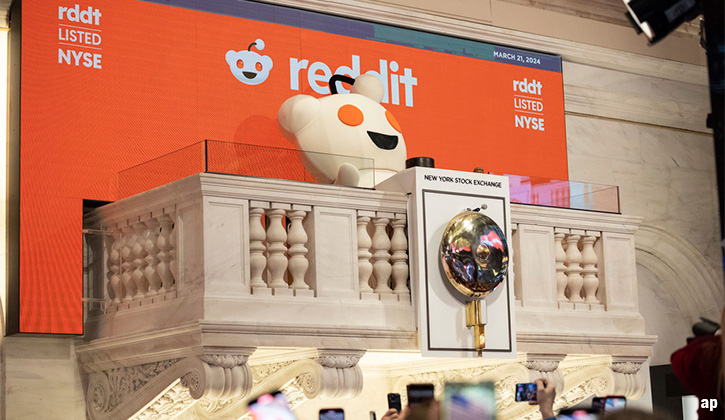
The world’s population is undeniably ageing. By 2050 there are likely to be 1.5 billion people aged 65 or over on the planet, up from 703 million in 2019. A report by the United Nations Department for Economic and Social Affairs estimates that by 2100 some 61% of the world’s population will be over 65. Already today, those in this age group represent more than a fifth of the population in 17 countries and by 2100 this will be true of an additional 177 nations.
This phenomenon will have a huge effect on countries, economies and resources. An ageing population means a shrinking working population, a likely shortfall in those able to care for the elderly and increased burden on the planet as there are more and more mouths to feed.
According to data from the European Community, the population of the elderly in the EU27 will increase from 90.5 million at the beginning of 2019 to 129.8 million by 2050. In China, where longevity is already an issue, older people will represent almost 40% of the population by 2050.
Funds for an Ageing Population
Faced with these numbers, it is inevitable that investors will find opportunities. Where there are problems to be solved, there are usually profits to be made. And there are number of ways that investors can tap into the theme of an ageing global population.
A number of funds now seek to specifically invest into companies poised to benefit from the ageing population. These include CPR Invest Global Silver Age and Candriam Equities L Global Demography among others.
The Bronze-rated Candriam fund has delivered annualized returns of 12.37% over three years. The majority (61%) of its portfolio is in US equities, with other holdings in the Eurozone, Japan and UK. Largest holdings are the likes of Microsoft and Apple as well as TE Connectivity, which designs and makes connectivity and sensor products used in various industries including electric vehicles, medical and consumer applications. Morningstar analysts say the fund leans toward “smaller, growthier companies” than its typical peers.
Sectors to Benefit from an Ageing Population
Alternatively, investors could home in on sectors they believe would thrive in a world dominated by an older population, the most obvious of which is health. Such funds can be found in the Morningstar Sector Equity Healthcare category and include Albemarle Longevity, Allianz Sustainable Health Evolution and Axa Framlington Longevity Economy among others.
Of course, healthcare isn’t the only requirement of an older population. Many consumer and travel companies are recognizing the importance of appealing to this wealth demographic, which has a long retirement ahead of them to enjoy. Cruising companies may be one way to tap the travel and leisure needs of an ageing population. The industry was hit hard in the Covid-19 pandemic and is yet to return to normalcy, which could mark a buying opportunity for those investors who believe the sector will bounce back.
The signs for a resumption of activity are evident, at least in the US, says Jamie Katz, senior equity analyst at Morningstar: “The most promising factor is the progress of the vaccination campaign in the United States.” Indeed, according to the Center for Diseases Control and Prevention (the public health control authority in the US) at the end of April, some 30% of Americans were fully vaccinated and this progress has coincided with a gradual improvement in the travel sector as a whole.
Stocks for an Ageing Population
According to data from the Transportation Security Administration (the authority that oversees the safety of the US transport sector), 1.4 million passengers passed through American airports in the week closed on April 12, compared to 944 thousand in the first week of January 2021. "These are numbers very different from the 100,000 travelers registered at the beginning of the pandemic and indicate that consumers, the more vaccine availability increases, the more they want to travel”, Katz says.
Katz rates US cruising giant Royal Caribbean Group (RCL) as a two-star stock, indicating that it is trading above its fair value estimate, and Norwegian Cruise Line Holdings (NCLH) as a three-star stock. The latter, she points out, has the ability to redeploy its fleet more quickly when demand picks up as a smaller player in the market while for Royal Caribbean the nascent Asia-Pacific market looks the most promising growth opportunity.



















